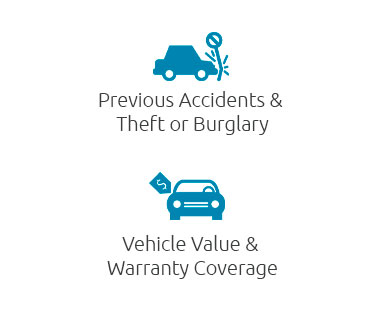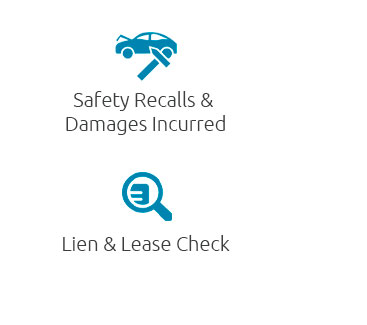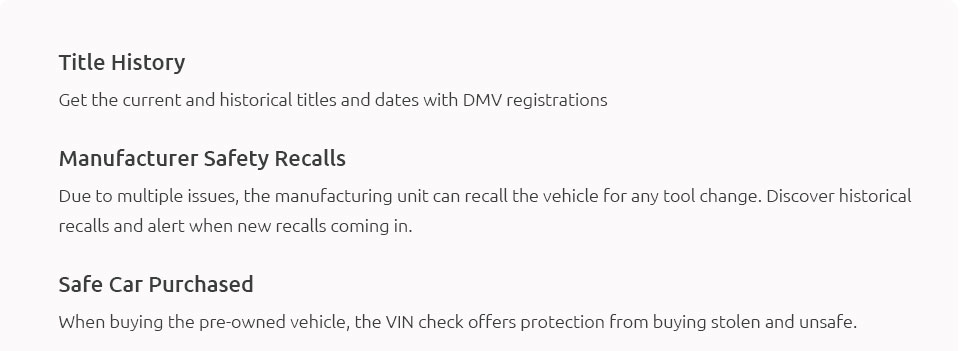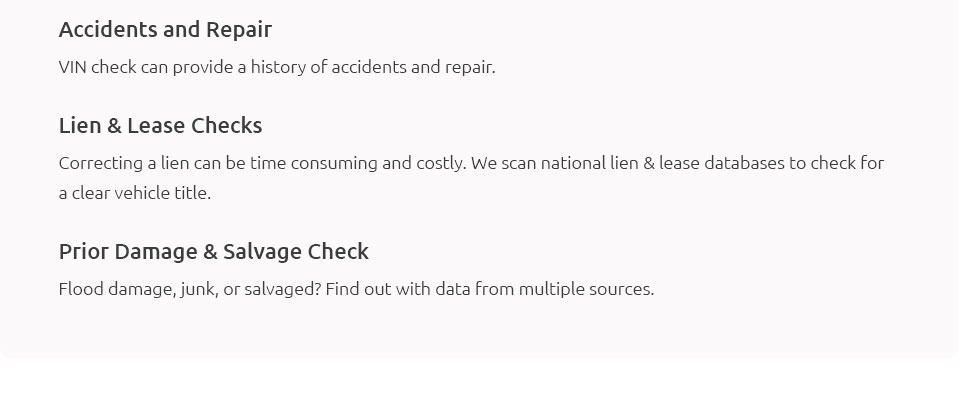 |
 |
 |
 |
 |
||
 |
 |
|
 |
 |
|
 |
 |
 |
 |
||
 |
 |
 |
 |
 |
 |
||||
|
||||
 |
 |
Finding a Vehicle Owner's Contact Number: A Comprehensive GuideIn today's world, where privacy concerns are paramount, finding a vehicle owner's contact number can be a challenging task. Whether you're trying to resolve a minor accident or simply want to reach out for a friendly chat, knowing how to navigate this process is essential. To begin with, it's important to recognize the legal and ethical boundaries that govern the access to personal information, including vehicle ownership details. Firstly, let’s consider the importance of understanding vehicle registration systems. Each country has its own set of regulations, and being aware of these can significantly streamline your search. For instance, in the United States, the Department of Motor Vehicles (DMV) manages vehicle registrations and maintains comprehensive databases. However, direct access to personal details like contact numbers is typically restricted to protect individuals' privacy. Therefore, exploring legitimate channels is crucial. Public records are often a starting point for many. Some regions offer online portals where you can check basic details like make, model, and year of a vehicle by entering the license plate number. This can be particularly useful if you're trying to verify information. To delve deeper, consider visiting sites that provide step-by-step instructions on how to check car registration details online. Such resources can guide you in understanding what information is publicly accessible and what is not. Moreover, the concept of a Vehicle Identification Number (VIN) is crucial in this context. A VIN is a unique code assigned to every vehicle, which can be used to uncover a wealth of information about the vehicle's history. There are numerous online services that offer VIN checks, which can sometimes provide insights into the ownership trail. For those interested, a detailed exploration of vin check owner history can be enlightening. These platforms typically pull data from various databases, providing details such as previous owners, accident history, and more. While technology offers several avenues to glean information, it's equally important to consider alternative methods. For example, if you've been involved in a fender-bender and need to contact the other party, leaving a note with your contact information under their windshield wiper is a courteous approach. Alternatively, if the vehicle is parked in a private lot, the management might assist in facilitating contact, provided you can justify your request. As a subtle opinion, one must always weigh the need for information against respecting privacy. Invasive methods, like hiring private investigators, should be a last resort and only considered when absolutely necessary. As we navigate a world increasingly concerned with data protection, being informed and respectful of privacy laws is not just advisable but imperative. In conclusion, while finding a vehicle owner's contact number can be intricate, a combination of utilizing available online resources, understanding the limitations of public data, and approaching the situation with respect and legality can lead you to a satisfactory resolution. Staying informed and considerate will not only assist you in your search but also ensure that you uphold the values of privacy and respect that are increasingly significant in our modern society. https://www.dor.ms.gov/contact/vehicle-title-and-registration
Motor Vehicle Services Contact - Titles - County Registration - State Registration - Motor Vehicle Dealers - Designated Agents - Motor Vehicle e-Services - Records ... https://www.dor.ms.gov/tags-and-titles
Counties Offering Online Tag Renewal, How to Apply for a Motor Vehicle Dealer License, How to Apply for Designated Agent Status, Fast Track Title Procedure. https://www.quora.com/How-can-I-get-the-contact-number-of-a-particular-vehicle-owner
In India, you can easily find vehicle owner details online through the government's Parivahan and VAHAN portals. These portals provide ...
|



